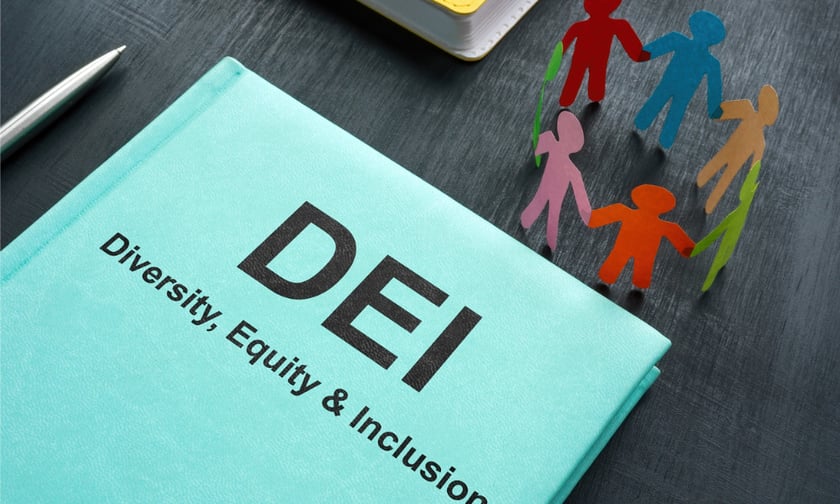

A new study on behalf of the Chartered Insurance Institute (CII) and 11 other professional membership and regulatory organisations has warned that the momentum for equality, diversity, and inclusion (EDI) in the workplace could be at risk unless immediate, substantive action is taken.
The Young Foundation’s “Beyond Buzzwords” report highlights a concerning trend of EDI measures being dismissed as mere formalities, leading to scepticism among workers about their efficacy in driving real change.
Drawing on feedback from over 7,000 professionals in fields ranging from law and insurance to health & safety and public relations, the 96-page research found that a significant majority of participants have encountered obstacles to career advancement (73%) or have been subjected to discriminatory or exclusionary conduct at work since 2019 (72%).
Lead researcher Alice Bell underscored the urgency for enhanced organisational commitment to EDI, saying: “We need to drive greater change, with organisations pushing forward higher standards. The findings highlight the critical role of professional and regulatory bodies as agents of change.
“The organisations driving this research together represent more than 750,000 UK workers, and they possess the influence, expertise, and networks to raise standards and drive progress on EDI through training, guidelines, and support for members.”
The report also identified promising strategies for effective EDI interventions, such as flexible work arrangements, accessible educational tools, focussed development programmes, and unbiased recruitment practices.
It was suggested that professional and regulatory bodies should take a leading role in this space to catalyse change. The research also outlined recommendations for various stakeholders, including policymakers, employers, and individual professionals.
Helen Goulden OBE, chief executive of The Young Foundation, emphasized the importance of a collective effort across all levels for genuine improvement.
“Alongside action from professional and regulatory bodies, real progress relies on individuals, employers, and policymakers enacting change within their spheres of influence,” Goulden said. “But by fostering a ‘race to the top’ on standards, professional and regulatory bodies can drive sustained, systems-wide change.”
Aside from the CII, the other involved bodies are the Association of Chartered Certified Accountants, Chartered Institute of Procurement & Supply, Chartered Management Institute, CILEx Regulation, Institute of Chartered Accountants of Scotland, Chartered Institute of Personnel and Development, Institution of Engineering and Technology, Chartered Institute of Public Finance and Accountancy, Institution of Occupational Safety and Health, Chartered Institute of Public Relations, and Institute of Workplace and Facilities Management.
What do you think about this story? Share your thoughts in the comments below.
